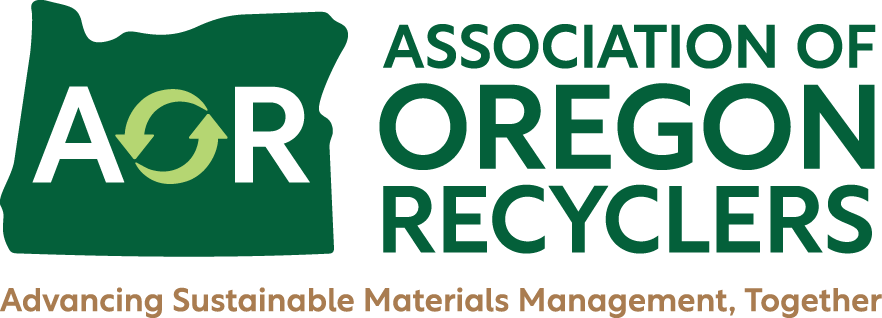EPR
New York lawmakers introduce EPR legislation
New York State Sen. Todd Kaminsky and Assemblyman Steve Englebright have introduced S.1185A, which would require packaging producers in the state to pay for recycling.
The bill states that by shifting the responsibility from local governments to corporate producers for the end-of-life disposal of packaging and paper products, recycling in the state will increase. Under the bill, producers would be required to finance the recycling of their paper products and packaging materials but also would be rewarded for enhancing the recyclability of the items.
(EPR) model approach by Resa Dimino and Bryce Hesterman of RRS
Recycling has been the subject of many negative headlines over the past two years: “The World’s Recycling is in Chaos;” “RIP: Recycling is Dead as We Know It;” “Recycling is a Waste.” The list goes on. Of the communities surveyed in The Recycling Partnership’s 2019 “The State of Curbside Recycling” report, more than 50 have canceled their recycling programs, and 29 percent have stopped collecting certain items.
NERC & NEWMOA Publish White Paper on EPR for Packaging & Paper Products
The Northeast Recycling Council (NERC) and the Northeast Waste Management Officials’ Association (NEWMOA) published a White Paper today on extended producer responsibility (EPR) for packaging and paper products (PPP). The goal of the White Paper is to provide state officials, policymakers, and affected industries with a baseline of shared knowledge on this topic.
Product Stewardship Institute (PSI) released a seminal report funded by Metro
Product Stewardship Institute (PSI) released a seminal report that provides guidance for stabilizing and modernizing fragmented U.S. municipal recycling systems that have strained under the weight of major market disruptions. The report outlines problems faced by U.S. recycling programs and how extended producer responsibility (EPR) programs in four Canadian provinces have increased packaging recovery and recycling, reduced contamination, and developed markets for difficult-to-recycle materials.
NWRA responds to proposed EPR legislation
The National Waste and Recycling Association (NWRA) sent a letter to Udall and Lowenthal in response to the legislation by the Aug. 21 deadline. According to NWRA, the association believes the proposals outlined by Udall and Lowenthal will lead to more contamination and that Congress should focus on policy initiatives that would expand the domestic recycling market.
Oregon Drug Take-Back Bill Becomes Law
Press release from PSI and Oregon DEQ
Pharmaceutical companies held responsible to collect unused medications
Portland, Oregon -- Oregon joined five states with a new law that requires drug manufacturers to pay for and run a statewide drug take-back program. The law, signed by Governor Kate Brown and championed by Representative Sheri Schouten, will ensure that every community in Oregon has free, convenient access to safe drug disposal. The law takes effect in September 2019 and the program must be operational by July 1, 2021.
Packaging Webinar Series Hosted by NERC
September 11 - U.S. REGULATORY APPROACHES FOR PACKAGING, 1:30 p.m. – 3:00 p.m. (EST). Register Here
British Columbia releases survey on banning, recycling more plastics
The Canadian province of British Columbia released a survey to gain its residents’ opinions on proposed new actions to reduce plastic waste in the province’s waterways, environment and landfills.
According to a news release from the British Columbia government’s website, British Columbians are encouraged to share their opinions on plastic waste and recycling in an online survey.
CONTINUE READING AT RECYCLING TODAY
Extended producer responsibility (EPR) proposal for packaging hits the national stage
Today, U.S. Senator Tom Udall (D-N.M.) and U.S.
It’s Time for Plastic Producers to Take Responsibility
Our recycling system is in a crisis. Last year, China stopped taking our recycling for processing, setting off a chain reaction of problems for the American recycling system. In New England and across the country, the cost of recycling for towns and cities is skyrocketing, forcing local governments to shift around their budgets, or worse, consider canceling their programs altogether.


